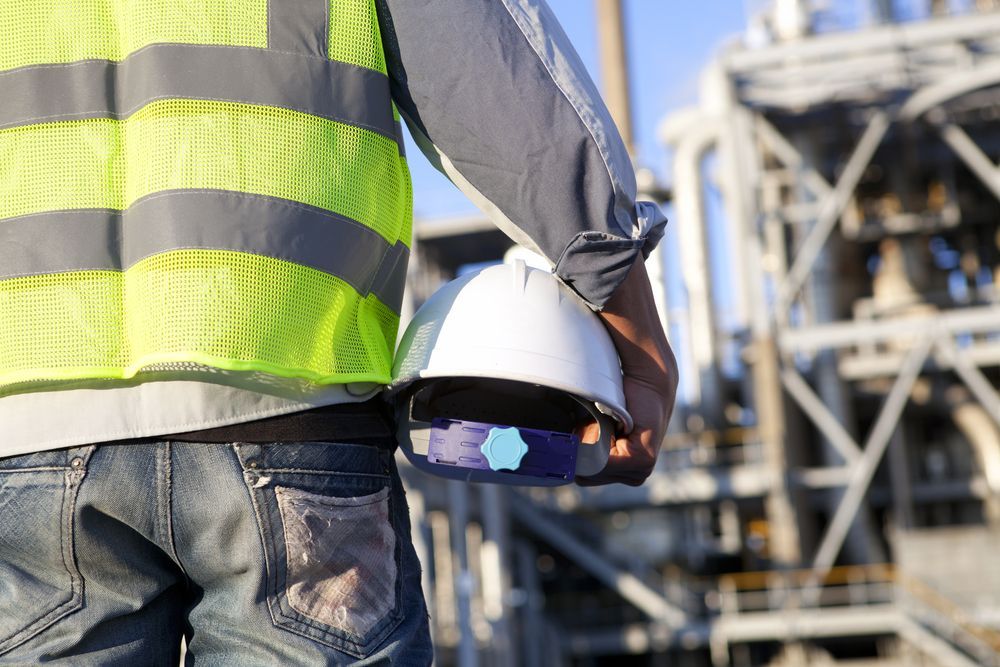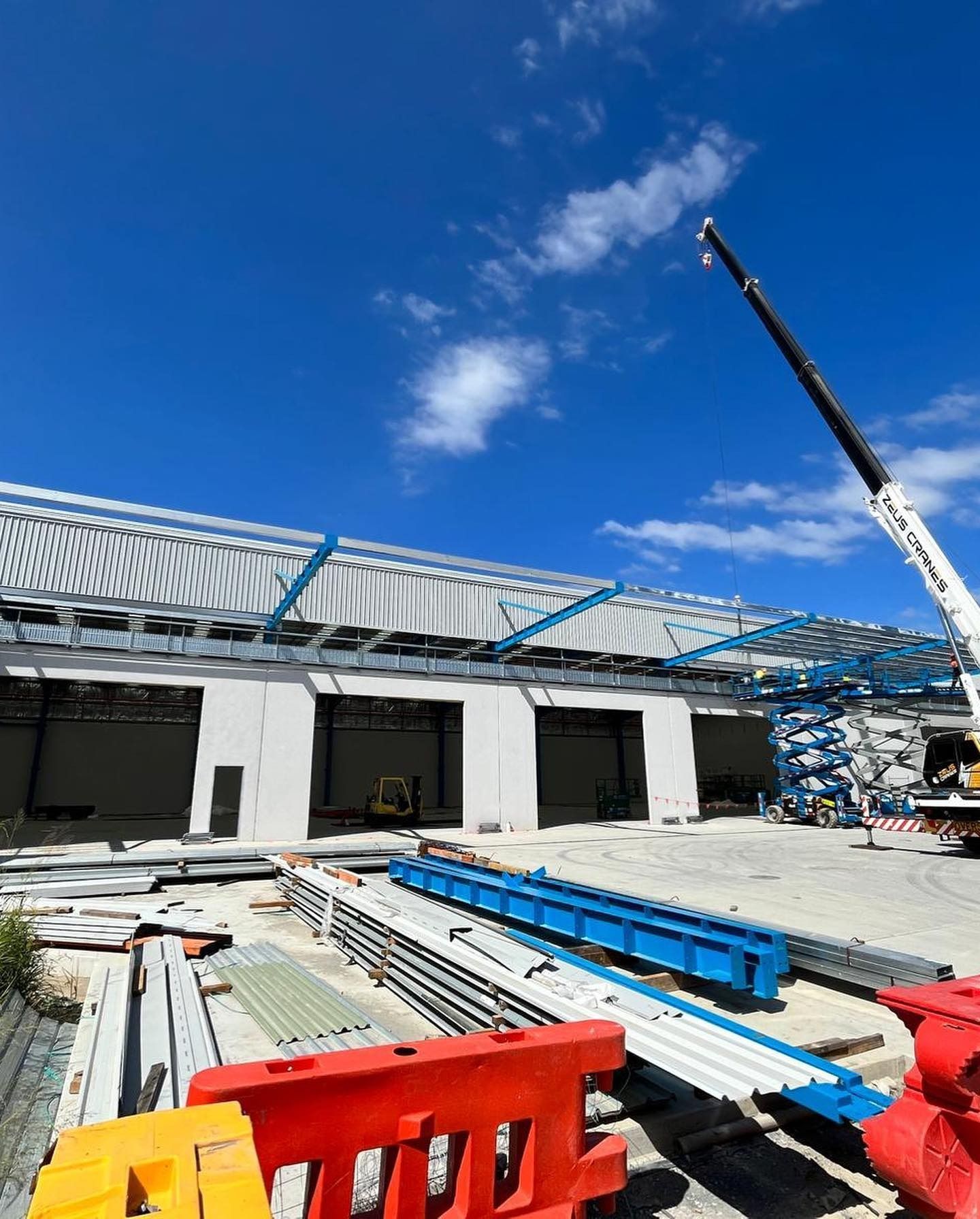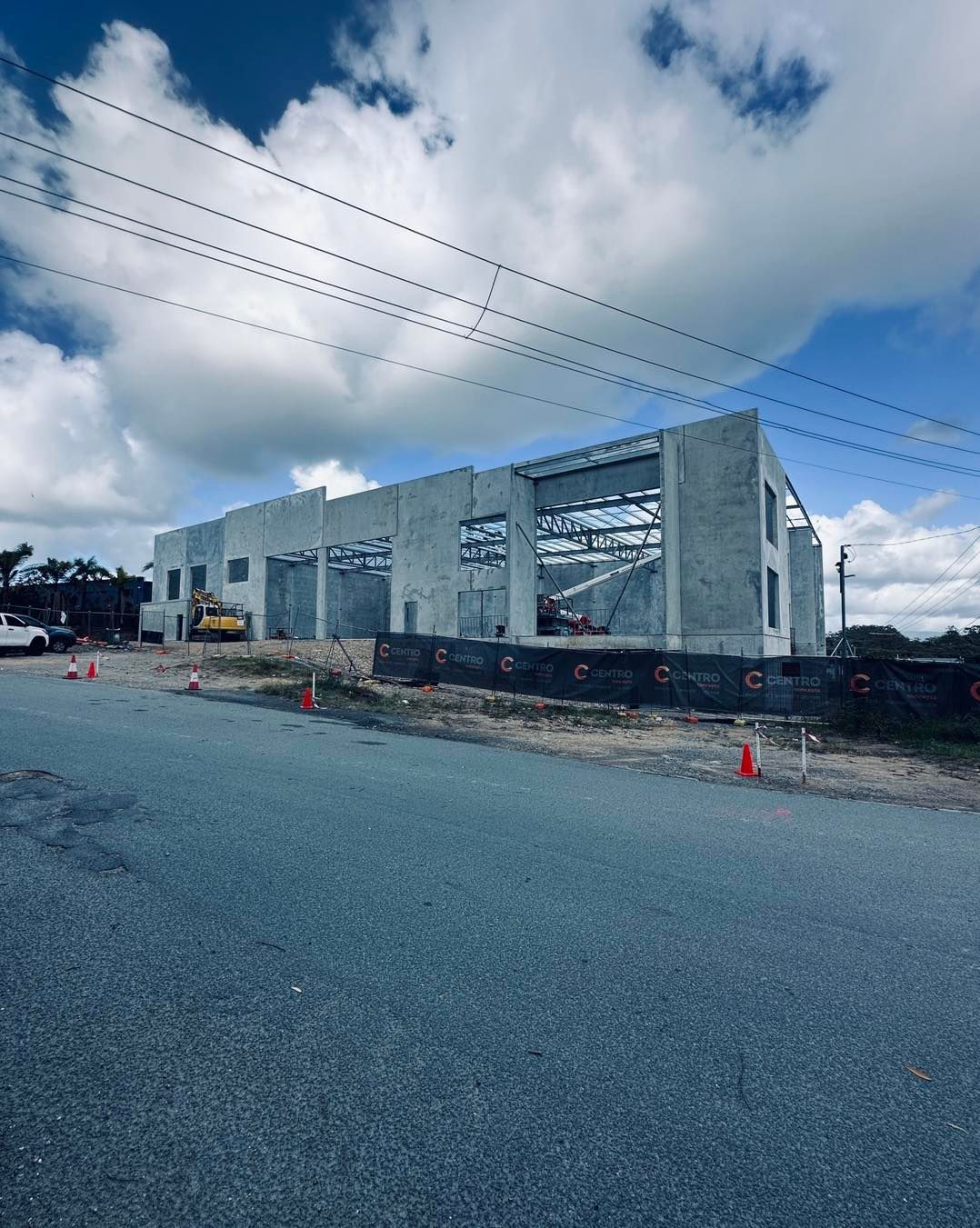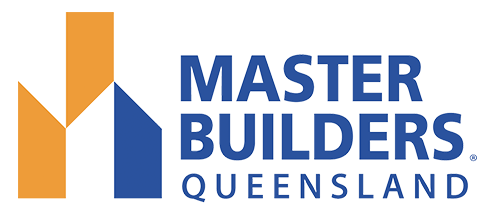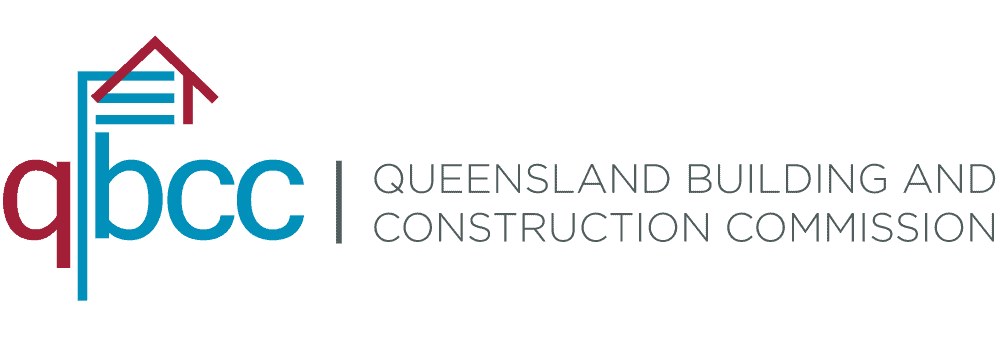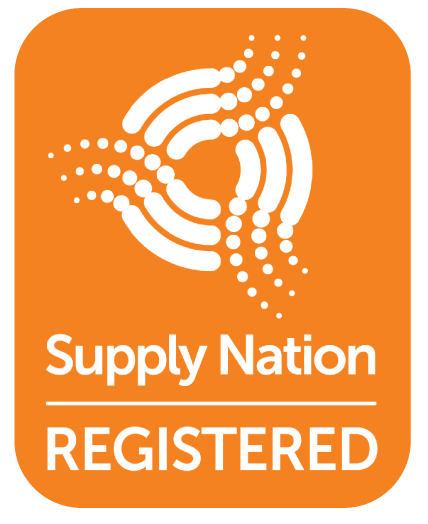How to Choose the Right Project Management Team for Your Commercial Building Project
A successful commercial building project hinges on a strong project management team. From navigating compliance to coordinating trades, your project manager drives your timeline, budget, and quality outcomes. For developers, business owners or property managers, making the right choice can mean the difference between a smooth build and a costly delay. But with so many firms offering project management services, how do you know which suits your commercial needs?
This guide walks through eight critical factors to consider when choosing a project management team on the Gold Coast—ensuring they’re equipped to handle the complexity and pace of your commercial construction project.
Start With Industry Experience in Commercial Construction
Commercial projects operate under entirely different expectations and pressures than residential builds. Look for a project management team that understands the unique requirements of commercial construction—from code compliance and structural complexity to multi-stakeholder engagement.
Teams with a commercial focus are more familiar with:
- Project staging and tenant coordination
- Large-scale procurement and contractor oversight
- Managing trade sequencing under tight deadlines
- Navigating commercial permits, approvals and inspections
Choosing a team without this commercial construction experience increases the risk of costly delays, regulatory non-compliance and fundamental disconnects between design aspirations and what can realistically be built.
Assess Their Track Record with Similar Developments
A reputable project management team should be able to point to completed projects similar to yours—not just in the retail sector (e.g., retail, hospitality, office fit-outs) but also in the scope and delivery model. Reviewing this past work can provide insight into their capability, attention to detail and outcomes achieved for other clients.
When reviewing their project portfolio, consider:
- The type and size of previous commercial buildings
- How often do they deliver on time and within budget
- Repeat clients or referrals from similar developments
- Any special constraints or complexities they managed successfully
Proven delivery in projects like yours builds confidence in their ability to do it again.
Look Into Their Capability to Manage Time, Cost, & Quality
Delivering a commercial construction project successfully means balancing the three core constraints—time, cost and quality—without letting one compromise the others. A capable project management team does far more than oversee tasks; they must actively anticipate, monitor and control these interconnected elements throughout the project lifecycle.
Key aspects to assess include:
- Time: Their use of scheduling software, construction sequencing and lead-time management
- Cost: How they approach budgeting, cost tracking and variation control
- Quality: Their defect resolution process, supplier quality assurance and documentation reviews
Look for systems and reports that keep these three elements in check from pre-construction to final handover.
Confirm Their Understanding of Compliance & Risk Management
Commercial construction requires rigorous compliance with the Building Code of Australia, Work Health and Safety legislation and relevant environmental or fire safety standards. The right team will guide you through the regulatory maze and reduce your exposure to risk.
Ensure they have strong capabilities in:
- Managing Development Application (DA) and Construction Certificate (CC) processes
- Coordinating Section J assessments, fire safety and access compliance
- Maintaining contractor WHS documentation and site safety plans
- Preparing and updating project risk registers to track mitigation measures
A project management team that lacks compliance rigour puts your business at financial and legal risk.
Evaluate Their Communication & Stakeholder Management Skills
Commercial builds often involve multiple stakeholders: owners, tenants, head contractors, designers, investors, and local authorities. Clear, consistent communication is essential to keeping everyone aligned and informed.
The project manager should demonstrate:
- Transparent reporting to clients on timeline, budget and key risks
- Regular coordination meetings with architects, engineers and trades
- Stakeholder engagement plans for managing tenant expectations or handovers
- Tools like shared project dashboards or cloud-based document systems
Commercial project success often hinges on how well communication flows—between site teams and across the broader project network.
Ask About Their Pre-Construction & Planning Processes
Successful commercial projects are shaped long before construction begins. A seasoned project management team doesn’t just step in at ground-breaking—they’re involved from the earliest planning stages, where many of the most critical decisions are made. Pre-construction is where scope, risk, cost and methodology are defined, making it the foundation for the entire delivery process.
A quality project manager will guide early-stage planning through:
- Feasibility studies and risk analysis
- Procurement strategy development
- Budget forecasting and value management
- Tender documentation and contractor selection
This front-loaded input ensures the design aligns with the budget, the timeline is achievable, and the entire team is on the same page from the outset.
Check Their Integration with Design & Construction Teams
Your project manager must be the link that unites consultants and trades, ensuring design integrity translates into real-world outcomes. Without integration, plans can be misinterpreted, clashes arise on-site and your timeline slips.
Look for evidence of how they:
- Facilitate early design workshops and consultant collaboration
- Manage design approvals and buildability reviews with site teams
- Coordinate contractor scopes to prevent overlap or missed items
- Oversee site meetings to troubleshoot design implementation
Their integration skills can directly impact the build’s speed, quality and cost-control.
Understand Their Reporting & Project Transparency Practices
You need more than site updates—you need access to clear, real-time data on progress, spending, and program performance. The right project manager is proactive in reporting, giving you the visibility to make informed decisions.
Look for project transparency in the form of:
- Weekly progress reports including timelines, photos and issues
- Budget dashboards with committed vs actual spend
- Risk and issues logs identifying potential delays early
- Tools like Gantt charts, milestone trackers or shared file platforms
Regular, structured reporting builds trust and enables early intervention if things go off track.
Ready to Streamline Your Commercial Build?
At Centro Concepts, we provide project management for construction projects with precision, transparency and a commitment to delivering tangible outcomes. Our Gold Coast project management services are tailored to ensure that every detail—from procurement and planning through to compliance and completion—is handled professionally.
Let’s discuss how we can confidently and clearly guide your next commercial build.
Get in touch via our contact page or
give us a call to arrange a consultation for property project management. Let’s build success together.
